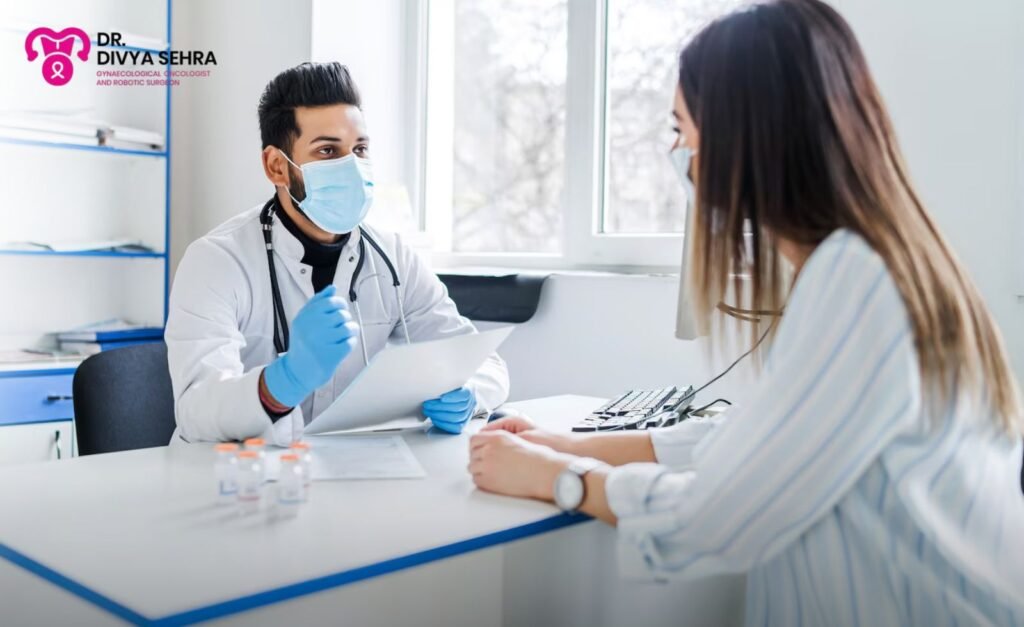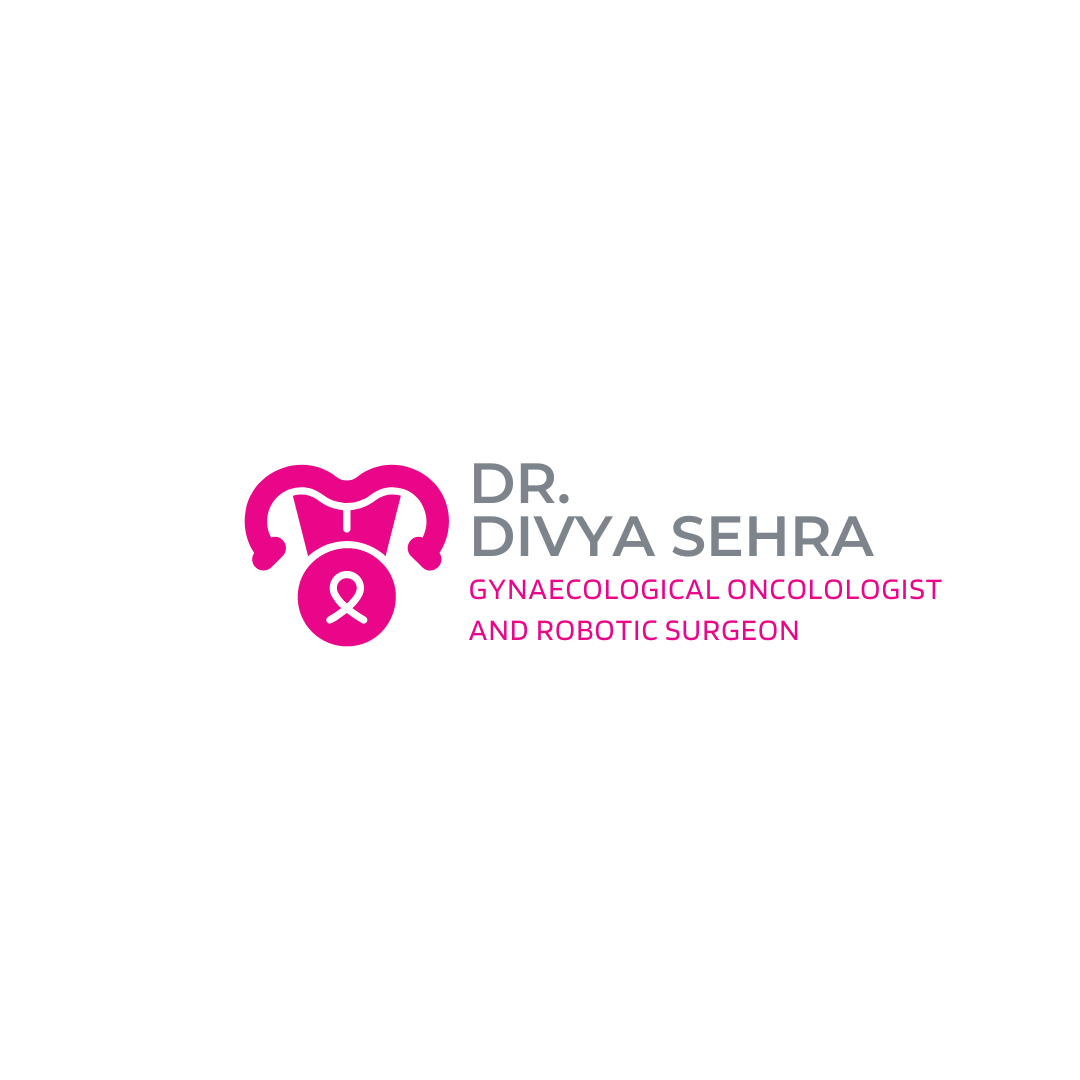
By Dr. Divya Sehra, Gynaecologist and Gynaecologic Oncosurgeon
On World Cancer Day, we come together to raise awareness about cancer prevention, early detection, and treatment. As a Gynaecologist and Gynaecologic Oncosurgeon, I believe that empowering women with the right knowledge is the first step in reducing the risk of gynaecologic cancers such as cervical, ovarian, and uterine cancer. This World Cancer Day, let’s focus on how lifestyle changes, regular screenings, and checkups can make a significant difference in preventing cancer.
1. Adopt a Healthy Lifestyle

A well-balanced lifestyle plays a crucial role in cancer prevention. Healthy eating, regular physical activity, and avoiding harmful habits like smoking or excessive alcohol consumption can lower the risk of cancer.
- Eat a balanced diet rich in fruits, vegetables, whole grains, and lean proteins. These foods provide essential nutrients and antioxidants that support your immune system and overall health.
- Exercise regularly to maintain a healthy weight. Studies have shown that obesity is a risk factor for several gynaecologic cancers, particularly uterine cancer.
- Avoid smoking and limit alcohol consumption. Both smoking and excessive alcohol use have been linked to an increased risk of various cancers, including gynaecologic cancers.
2. Get Regular Screenings

Early detection is key to improving the chances of successful treatment. Regular screenings can catch cancer in its earliest, most treatable stages.
- Cervical Cancer – Pap smears and HPV tests should begin at age 21 and continue every 3 years (or 5 years for HPV testing, depending on the guidelines in your area).
- Ovarian Cancer – While there’s no standard screening test for ovarian cancer, discussing family history with your doctor is essential. If you have a high-risk family history, your doctor may recommend genetic counseling and testing.
- Uterine Cancer – Postmenopausal women should report any abnormal bleeding to their doctor. Early detection of unusual symptoms can help catch uterine cancer in its early stages.
3. Regular Checkups with Your Gynaecologist

Routine visits to a gynaecologist are essential to maintaining good reproductive health. During these visits, your doctor can evaluate your risk factors, provide guidance on maintaining health, and recommend specific tests based on your age and medical history.
- Discuss your family history of cancer with your doctor, as some types of gynaecologic cancers have genetic links.
- Your doctor can also help you manage any hormonal changes or imbalances that may contribute to your cancer risk.
4. Maintain Mental and Emotional Well-being

While physical health is crucial, mental well-being also plays a role in cancer prevention. Stress management techniques such as yoga, meditation, and maintaining strong social connections can support overall health.
Conclusion
On World Cancer Day, remember that knowledge is power. Through healthy lifestyle choices, regular screenings, and routine checkups, women can significantly reduce their risk of gynaecologic cancers. If you are unsure about your risks or need guidance on screenings, don’t hesitate to reach out to me for personalized advice.
Dr. Divya Sehra
Gynaecologist and Gynaecologic Oncosurgeon



